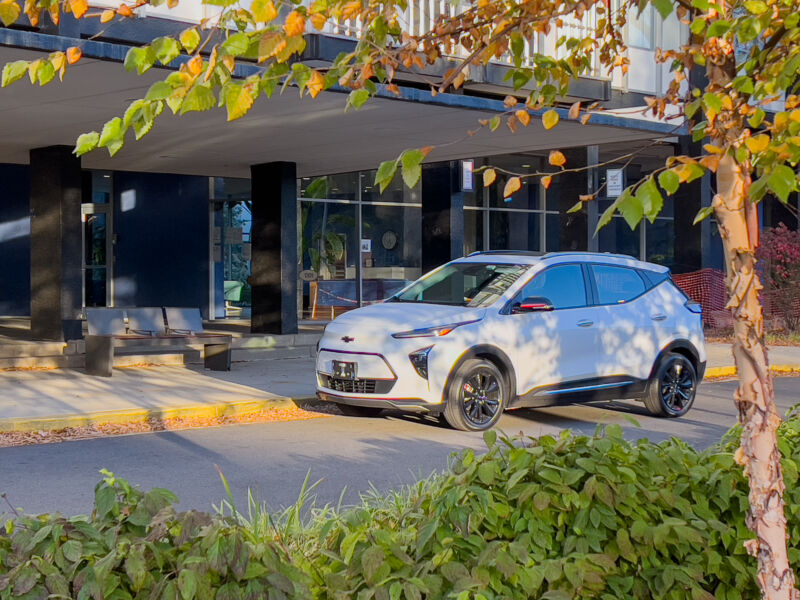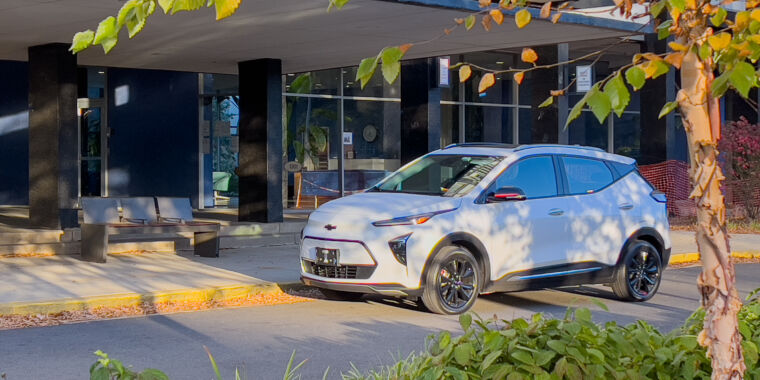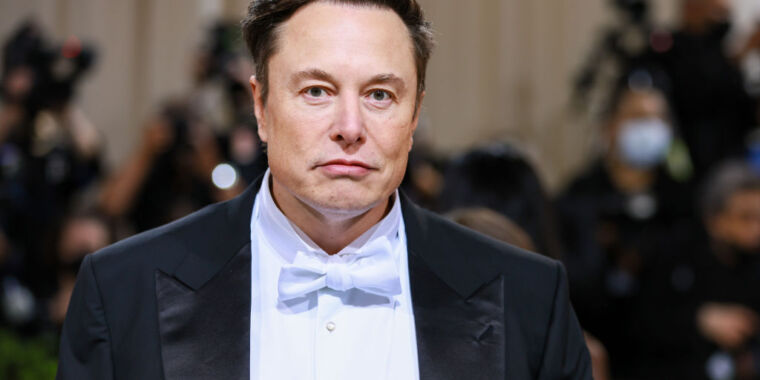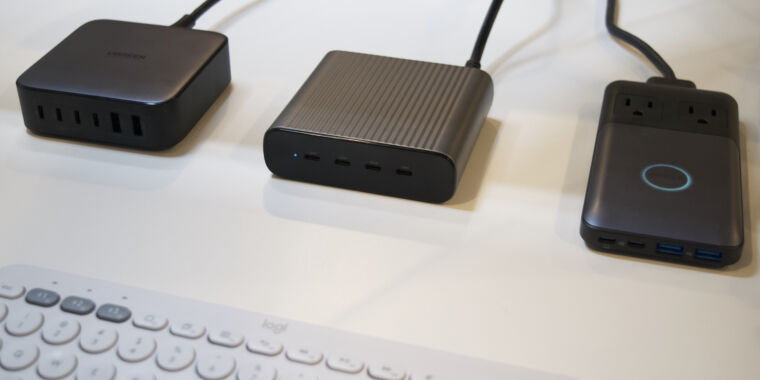
Jonathan Gitlin
You might have noticed that our car coverage is rather heavily biased toward electrified vehicles. Partly that’s in recognition of the fact that atmospheric carbon dioxide levels are now far higher than at any time since humans have walked the planet. But as I drive more and more EVs, it’s also clear that they’re actually just better in nearly every metric one might choose, other than when it comes to energy density and how long it takes to recharge. But this viewpoint puts me in a minority of Americans, according to a new survey of Americans, Canadians, and Australians.
The survey was conducted by Consider the Market, an Australian insurance comparison site, which found that only 33.8 percent of Americans say they’d prefer an EV to a traditional vehicle. By contrast, more than half (52.9 percent) say they want to stick with gasoline or diesel, a number that goes up to 70 percent in the 55–64 age bracket. Meanwhile, 43 percent of 18- to 24-year-olds would prefer an EV.
Which is unfortunate, because very few in that age bracket can afford them. In fact, purchase price ranked second as a barrier to EV adoption, at 54.5 percent. (The highest barrier to adoption was battery life and replacement costs, at 56.4 percent of survey respondents, which, as we’ve explained before, is more a problem of perception than reality.)
When the data is broken out by price brackets, the problem becomes clear. Just under a third (32.5 percent) say they’re willing to spend $24,999 or less on a new EV, which entirely rules them out of the market, considering that the Chevrolet Bolt is the cheapest EV on sale and still costs $25,600. Another 20.9 percent won’t go above $34,999, which rules in the Bolt EUV ($27,200), Nissan Leaf ($28,895), Mazda MX-30 ($34,695), Hyundai Kona Electric ($34,845), and if we fudge it a bit, the Mini Cooper SE ($35,075).
In fact, only 15.8 percent of respondents say they’d spend more than $65,000 on a new EV. Lucky them—most of the new EVs Ars has driven recently are north of this price, and they’ve all been pretty great vehicles.
Australia and Canada appear far friendlier to the EV, at least perceptually: 50.8 percent of Australians and 51.4 percent of Canadians say they’d prefer an EV to a vehicle with an internal combustion engine. But the impediments to adoption remain quite similar; purchase price was the most common barrier in Australia (66.6 percent) and Canada (60.5 percent).
I’m not sure there’s huge cause for optimism here, either. GM will add an electric Equinox to its range next year at “around $30,000,” but I’m struggling to think of another cheap EV on the immediate horizon. At the same time, traditionally powered vehicles aren’t immune either—this year the average price of a new car in the US was a shocking $48,080, which in turn has driven up the price of used cars.








